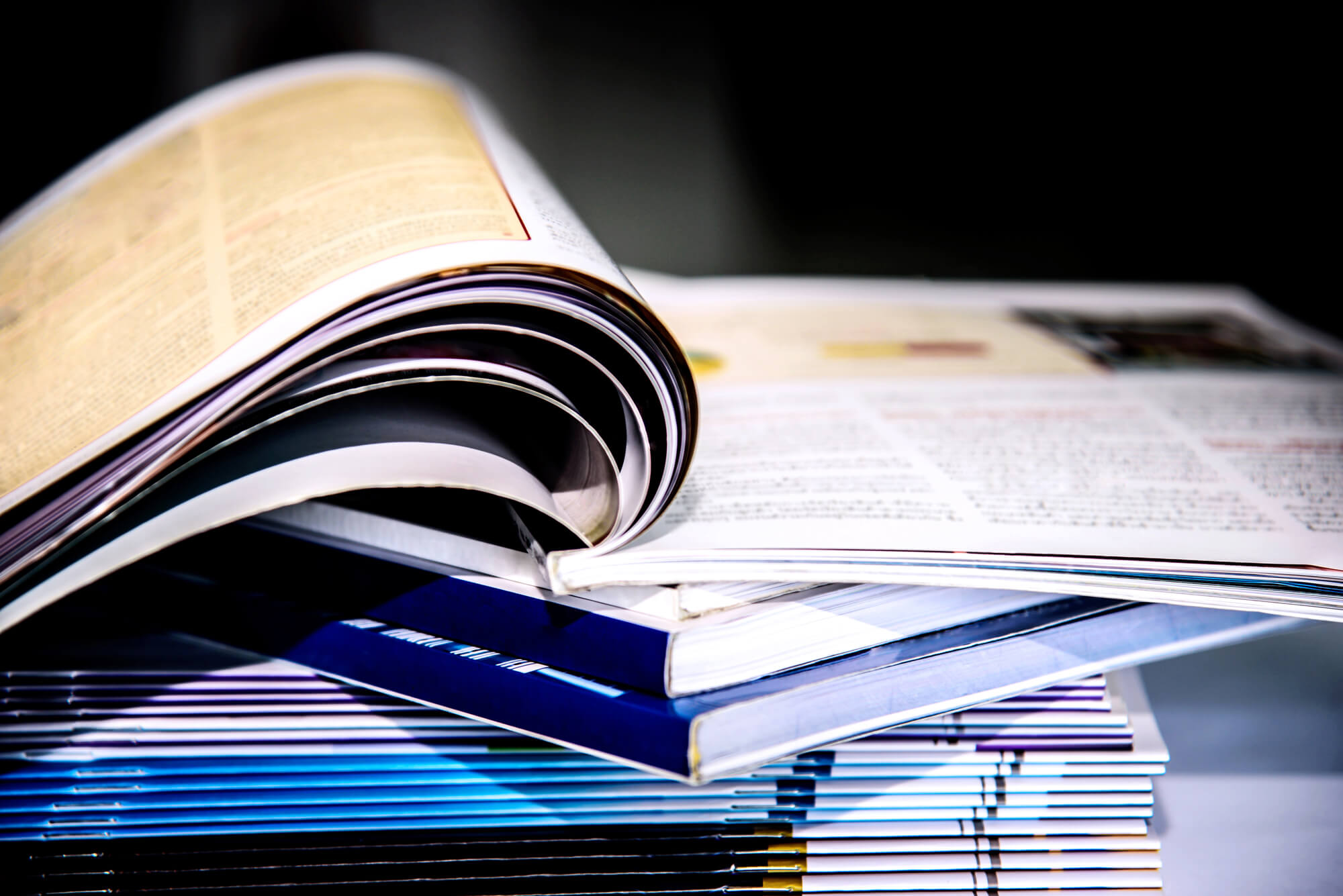Russia intentionally undermines global institutions. The world should respond.
In 2018, Russia hosted the Football World Cup. It was ten years since it invaded Georgia, three years after it razed to the ground Syrian cities and four years after it started the war on Ukraine, which now has turned into a world war. Russia, as well as Qatar four years later, bought this championship by bribing FIFA officials. A few weeks ago, despite Russia implementing a genocide of Ukrainians, Russian and Belorussian sportsmen were admitted to the Olympics. We don’t know whether the International Olympic Committee was bribed or simply immoral. But these examples clearly show that the lesson of the 1936 Olympics in Germany was forgotten (or never learned).
Unfortunately, there are other, more serious examples of institutional degradation. The aggressor country distributes its disinformation from the UN Security Council tribune, even from the president’s chair, although it was never formally admitted to the UN. How does this correspond with the UN goals of a better and sustainable future? Russian invasion annihilated decades of improvements in issues of hunger, poverty, and environment. Decades (may be centuries) will be needed to deal with the consequences of the war.
Think of any “regular” organization – a firm, a university, a club, etc. Would someone who acts against the goals of that organization stay there for long? Yet, in the world of international law, the more rules you violate, the better those organizations protect you. This raises questions of why these organizations exist.
Take, for example, the International Criminal Court. Because of its warrant for kidnapping Ukrainian children, Putin could not go to Brazil or South Africa. Yet, he found a country that admitted him and thus showed that ICC cannot enforce its orders.
Recent videos where the IAEA head hugs Russians who occupy the Zaporizhzhya NPP invoke many questions. For instance, why was this filmed and promoted by Russians? Very likely, for the same purpose – to discredit IAEA in the same way as the UN and other international agencies have been discredited.
A recent case with the IMF mission to Russia and appointment of a sanctioned person as Russia’s representative at the IMF serves the same goal. Now the IMF should either follow its rules and “embrace” the aggressor or act against the morale and common sense, again discrediting itself.
The case of the EU is perhaps the most worrisome. For years Russia has been openly financing its far-right and far-left parties – with no reaction from European governments. It has been investing billions of dollars into disinformation outlets. Yet, for many years the governments were afraid to act against them because of “freedom of speech” concerns. As another example, the collective West prefers to use taxpayers’ money to help Ukraine instead of confiscating Russian assets because of “property rights protection”.
This is absurd. Ask yourself – why are rules created in the first place? Rules are created for the common good. For example, a society where people are not allowed to kill each other in the street is safer and more pleasant than a society where people are allowed to do this. But if some people unconditionally observe this rule and others don’t, then rule-abiding people will soon be dead.
Probably enforcing international law is harder than supporting public order. If a country does not want to follow it, there is practically no leverage on that country. However, in this case it should not enjoy the benefits of this law either. Bad behaviour must not be rewarded!
Moreover, the rules must have a clear aim and be consistent with common sense. For example, the rule of stopping at red lights is introduced for safety on roads. However, in some countries people are allowed to go for red light if someone is trying to rob them. This is a violation of the rule, but it serves the same aim – safety on roads.
International organizations, such as the EU, UN (and its agencies), IMF, as well as NATO (recently undermined by Turkey’s intention to join BRICS) are now under coordinated attack by dictatorships who would like to ruin the current world order. They very skillfully use the rules against the rule-abiding countries and institutions. However, neither the resulting chaos, nor a new world order which they imagine would be a good outcome for people who value freedom and human rights.
Thus, it’s time to align the rules with their initial goals (e.g. peace and security) and with common sense. Meanwhile, the rules must not apply to their abusers.
Photo: depositphotos.com/ua/
Attention
The author doesn`t work for, consult to, own shares in or receive funding from any company or organization that would benefit from this article, and have no relevant affiliations



